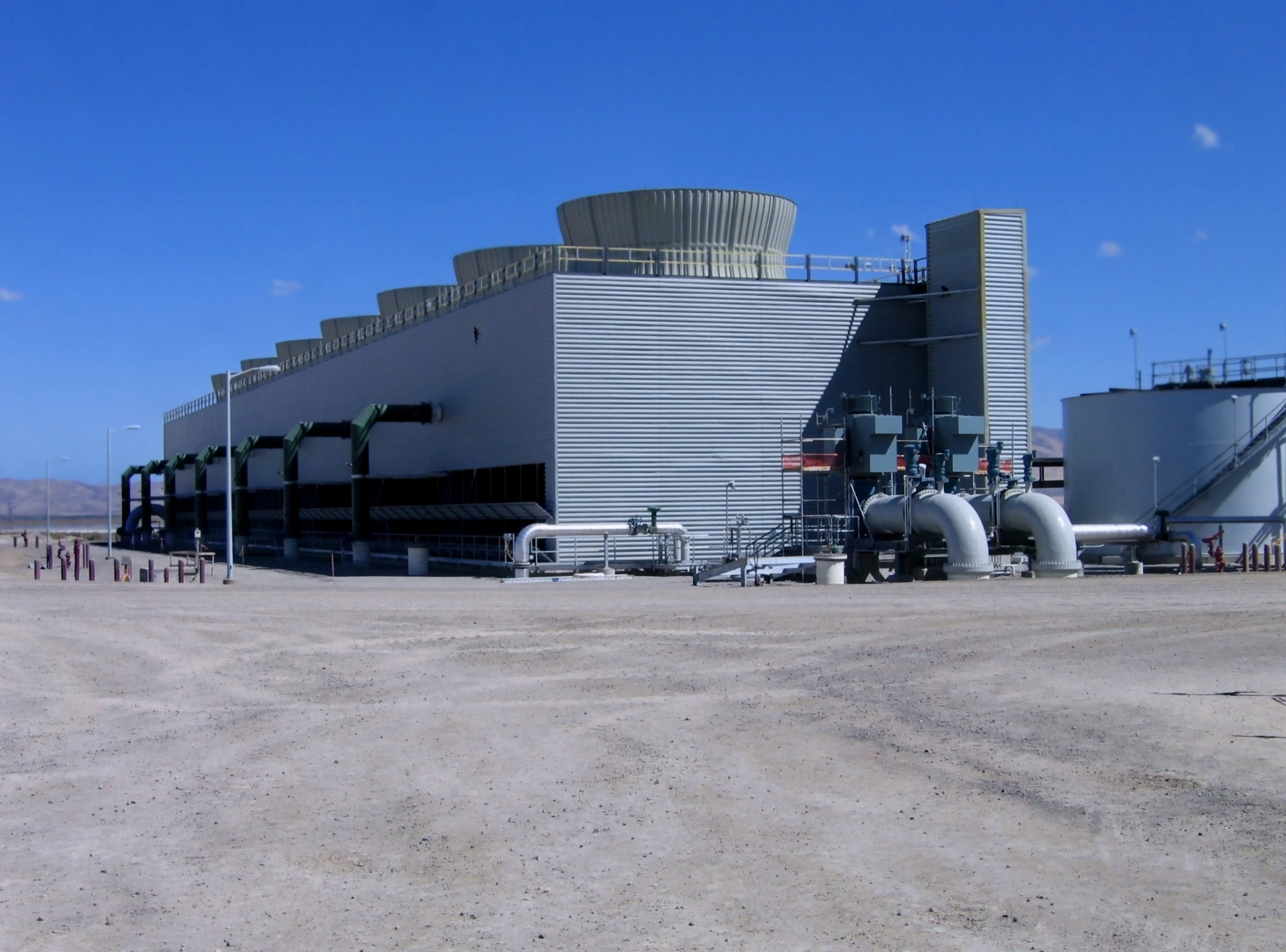Open Cooling

Treatment4Water supplies water treatment chemicals for open evaporative cooling water systems.
Inhibitors
Treatment4Water provides a comprehensive range of formulated own-label scale and corrosion inhibitors for open evaporative cooling systems. Our proven formulations address issues related to scale formation, general solids fouling, and multi-metal corrosion.
Biocides
Treatment4Water provides a comprehensive range of biocides for open evaporative cooling systems. We stock a wide selection of oxidizing and non-oxidizing biocides covering products to control algae, bacteria, and fungi found commonly in open evaporative cooling systems. Many of our products have a proven efficacy against Legionella.
Inhibitors
Prevention of scaling, fouling, and corrosion in an open cooling system is vital to its safe and efficient operation. Our team of experts are on hand to give valuable selection and application guidance for all our open cooling system inhibitors. In addition, we have a simple but effective one-page selection tool available for those with more experience.
Product Guide: Industrial Open Cooling Water Treatment Chemicals
SYN-QUEST
Properties
Dosing and Control
419: Halogen Stable Scale & Corrosion Inhibitor
Azole, Phosphonate, Poly-carboxylate, Zinc Salt. Max. pH 8.4 in system
Maintain 40-60mg/L in system.
Measure 2-3 ppm as Zinc
420: Halogen Stable Corrosion Inhibitor
Azole, Dual Phosphonates, Molybdate.
Calcium 65 mg/L (min)as CaCO3 in system
100 -140mg/L in the system.
Maintain 5 – 7mg/L as MoO4
436: Corrosion Inhibitor
Azole, Co-Polymer, Synergised
Nitrite – Phosphonate.
Low hardness or softened waters
350 -600mg/L in the system.
Maintain NaNO2 at 60-100mg/L
450: Corrosion Inhibitor Softened Water
Azole, organic and inorganic phosphate, Polymer, Sequestrant, & Silicate.
Max. Hardness 100 mg/l as CaCO3
80-120mg/L in system or as the corrosivity of the water dictates
451: Corrosion Inhibitor Softened water halogen stable
Azole, organic and inorganic phosphate, Polymer, Sequestrant, & Silicate. Max. Hardness 100 mg/l as CaCO3
80-120mg/L in system or as the corrosivity of the water dictates
468: Halogen Stable Scale & Corrosion Control
Azole, organic and inorganic phosphate, Polymer, Sequestrant, & Silicate. Max. Hardness 100 mg/l as CaCO3
80 – 120mg/L in system or as the corrosivity of the water dictates
469: Halogen Stable Scale Control
Polymers & Phosphonate. Excellent threshold & crystal Distortion Scale control for CaCO3
40-60mg/L in system water
570: Corrosion Inhibitor
Alkyl diamine salt. Cationic adsorption inhibitor for any water
Dose 12-15mg/L as product to cooling tower
Biocides
The control of bugs in an open cooling system is vital to its safe and efficient operation. Our team of experts are on hand to give valuable selection and application guidance for all our open cooling system biocides. In addition, we have a simple but effective one-page selection tool available for those with more experience.
Product Guide: Industrial Biocide Water Treatment Chemicals
SYN-TROL
Properties
Dosing and Control
501: Algae (F), Bacteria (G), Fungi (G)
Formaldehyde Release: Broad Spectrum. Open systems
Shot dose 30-500 mg/L
Broad pH Range
503: Algae (E), Bacteria (G), Fungi (G)
Bi-Guanide: Non-Oxidising Fast Acting Broad Spectrum. Cationic may foam
Shot dose 100 mg/L
pH range up to 9.5
505: Algae (F), Bacteria (G), Fungi (F)
Benzalkonium Chloride: Non Oxidising Broad spectrum Cationic may foam
Shot dose 50-100 mg/L
pH range of 6.5-8.5
512*: Algae (P), Bacteria (G), Fungi (G)
Bronopol: Non-Oxidising Fast Acting. Open systems
Shot dose 80-300 mg/l
pH range 6+
514: Algae (E), Bacteria (G), Fungi (E)
Quaternary Ammonium: Non-Oxidising Broad Spectrum.
Open systems.
Shot dose 50-100 mg/l
pH range 6.5-8.5
515*: Algae (F), Bacteria (G), Fungi (F)
Iso-thiazolinones: Non-Oxidising slow acting Broad Spectrum, non-ionic
Shot Dose 50 – 120mg/L based on system volume
516*: Algae (G), Bacteria (E), Fungi (G)
TKPS: Non-Oxidising slow acting broad spectrum
Shot Dose 30 – 100mg/L based on system volume
524:
Bromide: Used in conjunction with Hypochlorite to generate Hypobromous Acid
Dose 1 – 3 mg/l Bromide to system
526*: Algae (G), Bacteria (E), Fungi (G)
Stabilized Bromine: Oxidising Fast Acting Broad Spectrum
Dose to maintain 0.5 – 2 mg/L Halogen
528*: Algae (F), Bacteria (E), Fungi (E)
Sodium Hypochlorite: Oxidizing Fast Acting
Dose to maintain 1 – 3 mg/L free Halogen
555C*: Algae (P), Bacteria (E), Fungi (E)
DBNPA: Non Oxidising Fast Acting Broad spectrum pH range up to 9.5
Shot dose 25 – 50 mg/L
536*: Algae (E), Bacteria (E), Fungi (E)
7% Sodium Chlorite: ClO2 Precursor
Dose to maintain 0.5 -2 as ClO2 (Refer to operating instructions dosing unit )
539:
9% Hydrochloric Acid: ClO2 Activator
Refer to operating instructions for dosing unit above
564*: Algae (F), Bacteria (E), Fungi (E)
BCDMH: Oxidizing Open System
Maintain 0.4mg/L as HOBr in cooling water
587: Bacteria (G), Fungi (G)
Thiocarbamate: Non-Oxidizing (Pseudomonas recommended) biocide in both open & closed systems
Dose 30 – 100mg/L to system
Biosil50*: Algae (G), Bacteria (E), Fungi (G)
Biosil – Silver Peroxide: Oxidizing – Cooling & DHCWS System
Dose 150 mg/L to system
Biocide Efficacy: E = Excellent, G = Good, F = Fair, P = Poor
* = Legionella Control Preferred Biocide
